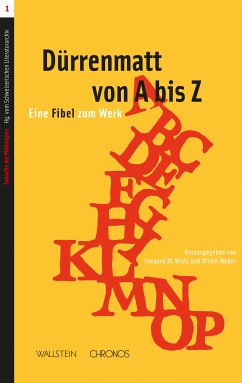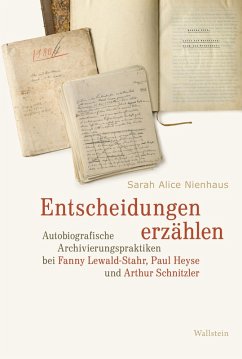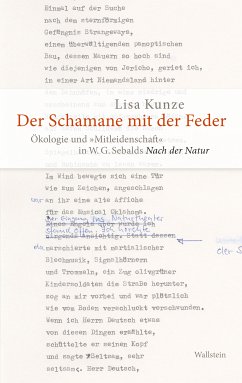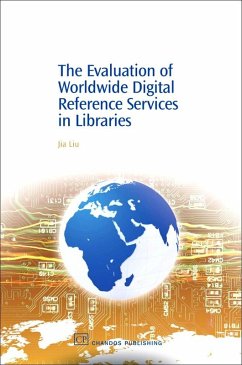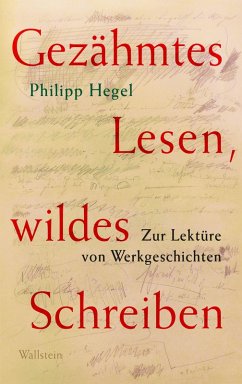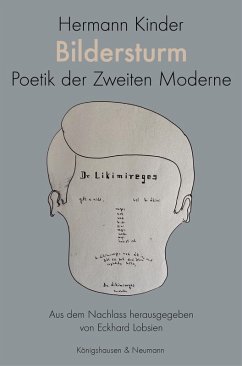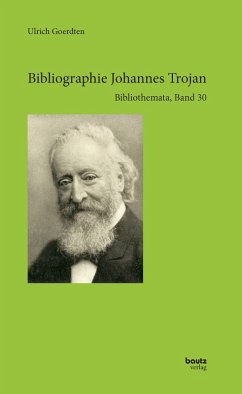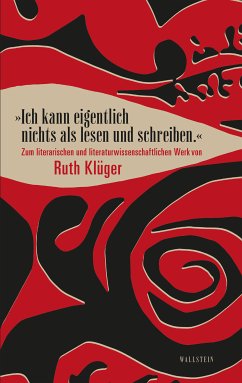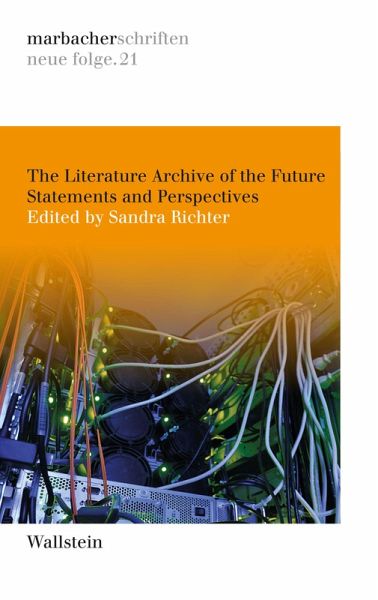
The Literature Archive of the Future (eBook, PDF)
Statements and Perspectives
Redaktion: Richter, Sandra
Versandkostenfrei!
Sofort per Download lieferbar
Statt: 16,00 €**
15,99 €
inkl. MwSt.
** Unverbindliche Preisempfehlung des Herstellers
Alle Infos zum eBook verschenkenWeitere Ausgaben:

PAYBACK Punkte
0 °P sammeln!
How can literary archives adapt to the challenges of the future? Literary archives are per se international because their subject is international. Literature does not end at the borders of its country of origin or its language. Hence, literary archives hold material that is not limited to a country or a language, although one country and language is usually dominant. It might even be the case that an archive has the official task of preserving the literary heritage of a specific territory and is funded for this purpose. How can we conceptualize literary archives in their regional and global f...
How can literary archives adapt to the challenges of the future? Literary archives are per se international because their subject is international. Literature does not end at the borders of its country of origin or its language. Hence, literary archives hold material that is not limited to a country or a language, although one country and language is usually dominant. It might even be the case that an archive has the official task of preserving the literary heritage of a specific territory and is funded for this purpose. How can we conceptualize literary archives in their regional and global frameworks and develop them further? To what extent does digitization foster international cooperation within and beyond the archives and how can we make it more fruitful? How can archives meet the interests of the literary public and of researchers? With contributions by: Stephen Enniss, Lavinia Frey, Jeang-Yean Goak, Ben Hutchinson, David D. Kim, Stefan Litt, B. Venkat Mani, Nelson Mlambo, Sebastian Möring, Sandra Richter, Fred Studemann, Meike G. Werner, Katja Wiesbrock Donovan Literatur endet nicht an den Grenzen ihres Herkunftslandes oder ihrer Sprache, Literaturarchive verfügen also über Material, das weder auf ein Land noch auf eine Sprache beschränkt ist. Internationale Forscherinnen und Forscher fragen, wie Literaturarchive in digitalen Zeiten in ihrem regionalen und globalen Rahmen konzeptualisiert und weiter entwickelt werden können.
Dieser Download kann aus rechtlichen Gründen nur mit Rechnungsadresse in A, B, BG, CY, CZ, D, DK, EW, E, FIN, F, GR, H, IRL, I, LT, L, LR, M, NL, PL, P, R, S, SLO, SK ausgeliefert werden.




